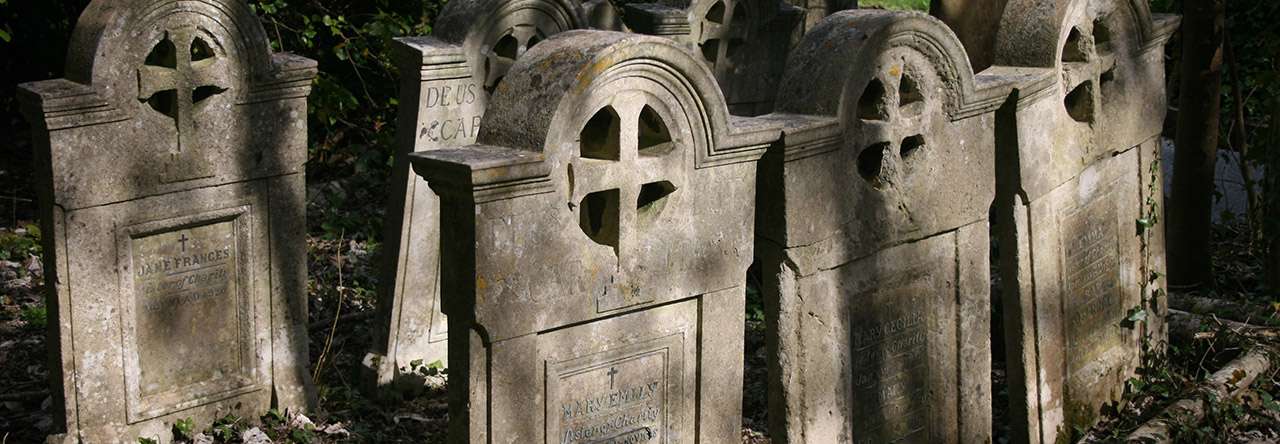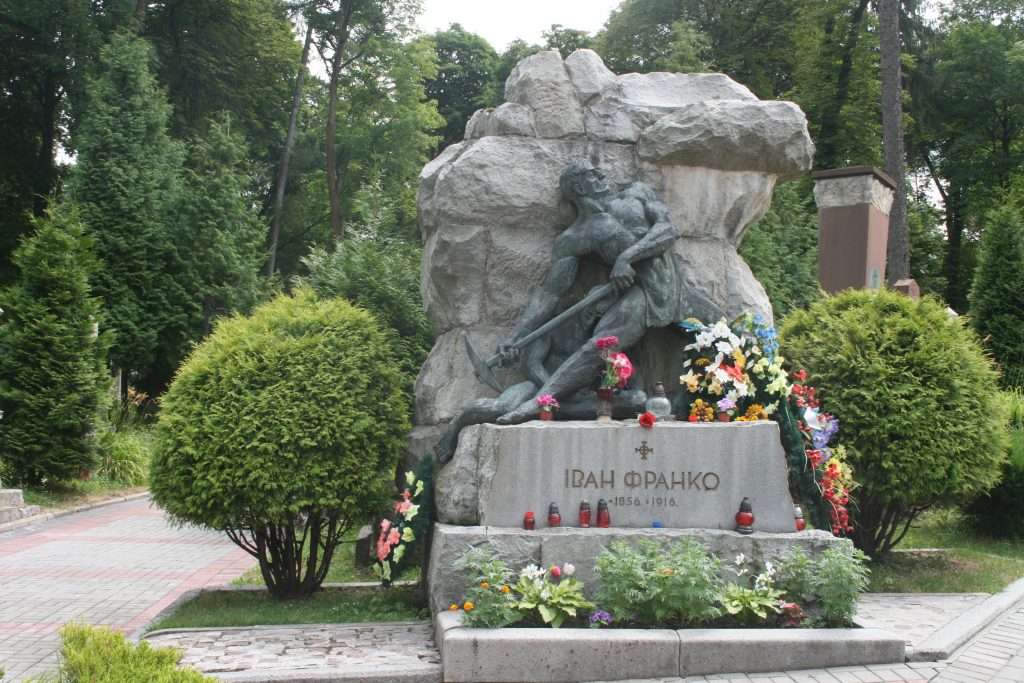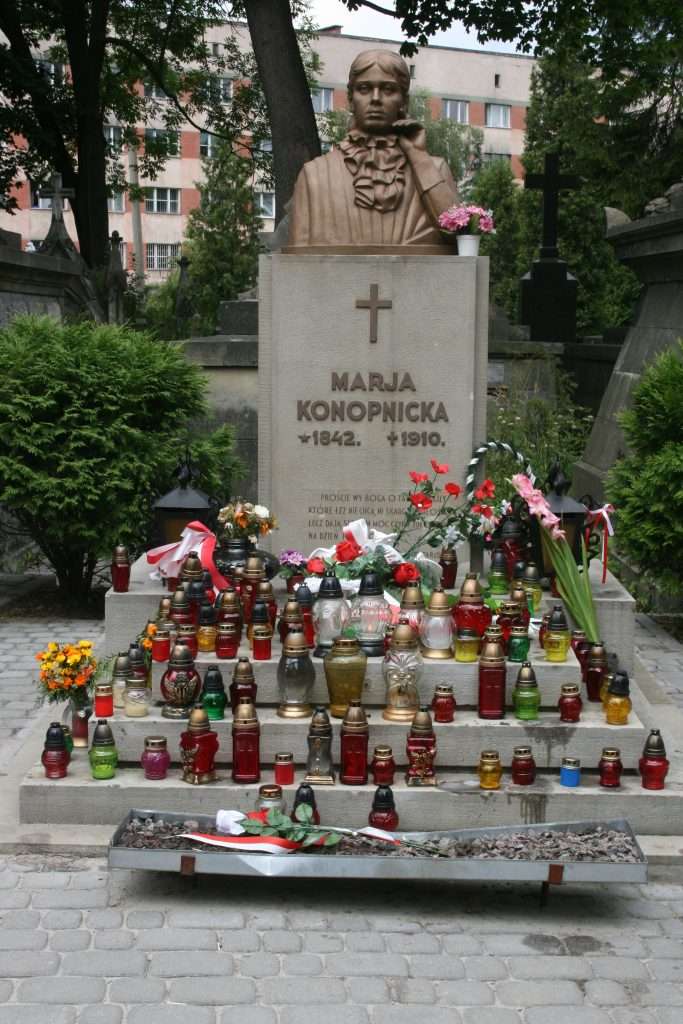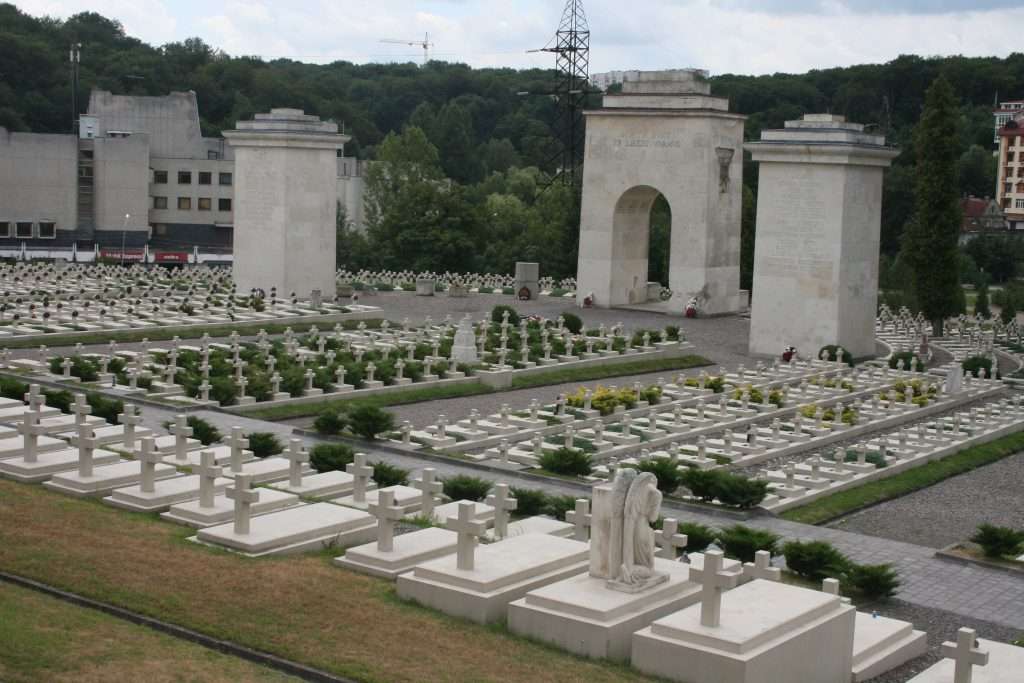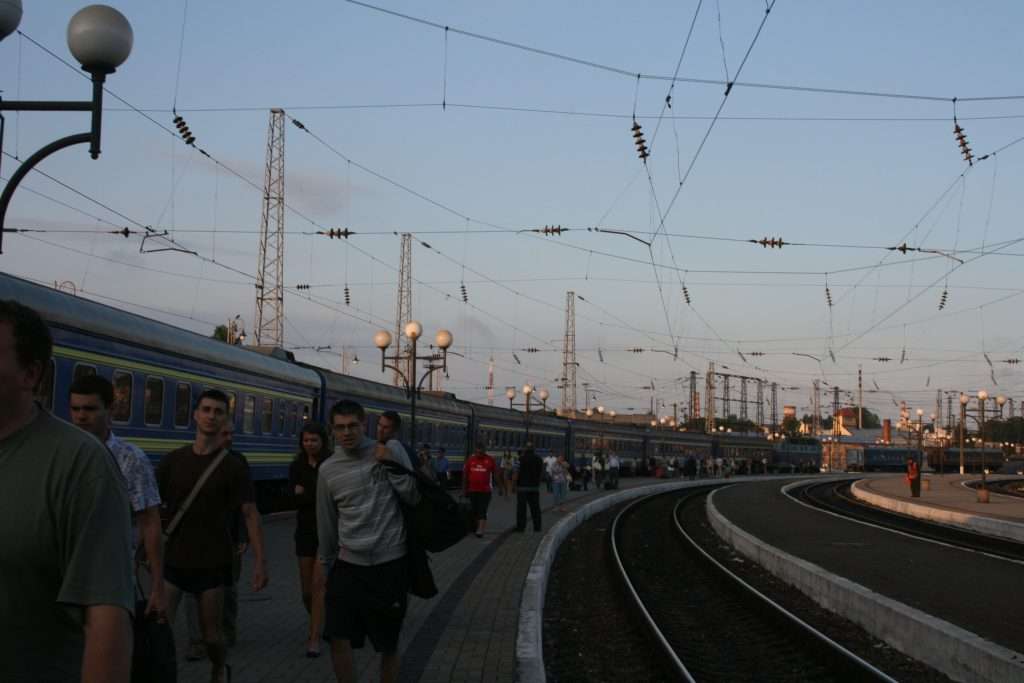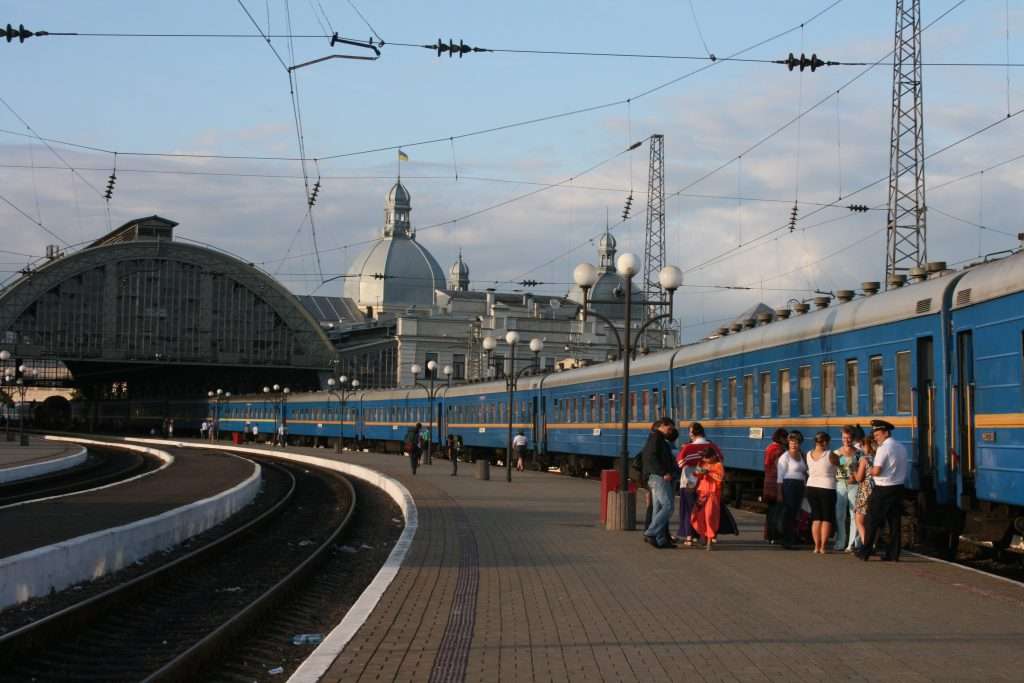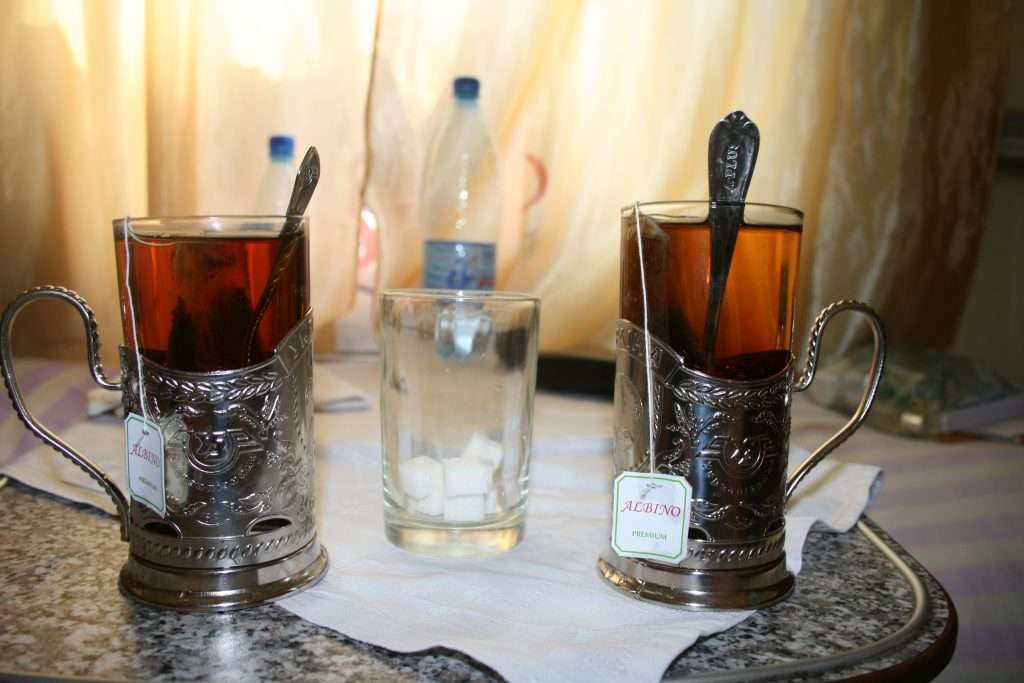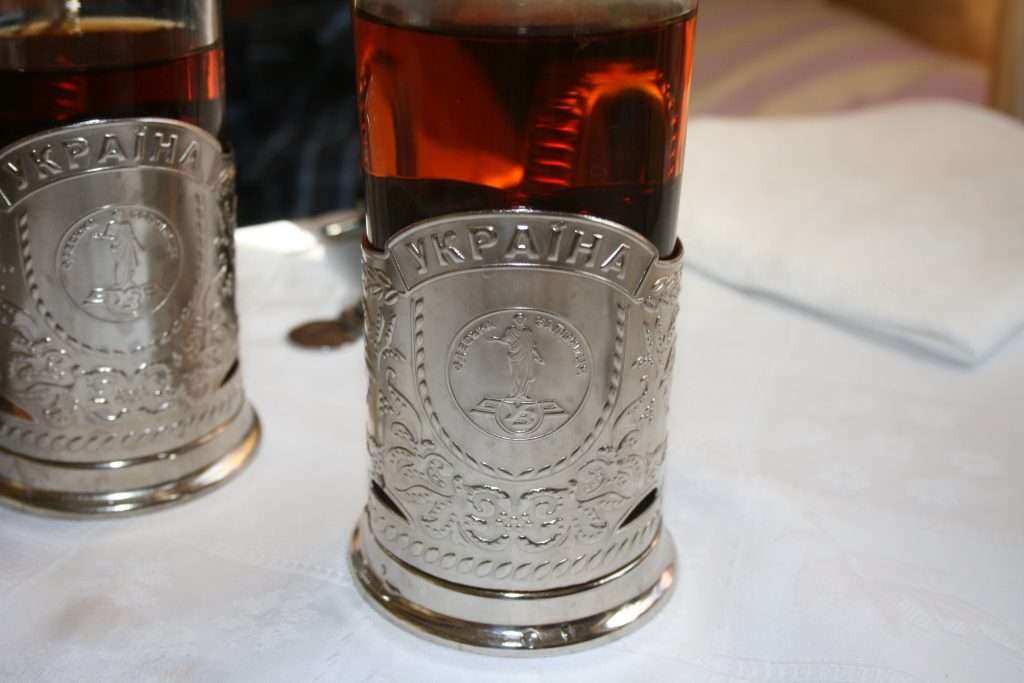My mother loved the cinema, and it was our weekly treat in the sixties to spend Friday evenings at the pictures followed by six penn’orth of chips, hot, greasy, and wrapped in several layers of newspaper, on the way home. In those days there were five cinemas in Chester: the Gaumont was the smartest with a huge glittering art deco foyer, magnificent auditorium, and elegant restaurant; the Regal and the Odeon, which we most commonly frequented, had standard thirties cinema architecture; the tiny Classic, squashed between a sweet shop and a pub, favoured foreign and X-rated films (we seldom went there); and the Music Hall’s name indicated its previous incarnation.
For 3/6d adults, 1/9d children, we could enjoy a programme of main feature, Pearl and Dean advertisements, Pathe News and second feature, running continuously, and it was possible to enter at any point and remain as long as we liked. Some patrons sat or slept through several performances. Others would suddenly leap to their feet and announcing “we came in here” begin to collect their coats and umbrellas as they edged their way out apologising as they brushed past our knees blocking the screen at critical moments in the drama.
The permanent darkness gave the auditorium a mysterious romance as usherettes guided us by the beam of their torches to vacant red plush seats. Between us and the screen hung a thick, blue fug of cigarette smoke and the pungent scent of tobacco and nicotine was occasionally joined by the flare and acrid fumes of a struck match. During the intermission, the Kia-Ora lady would make her way backwards down the aisle with a spotlight shining on her and a heavy tray suspended around her neck containing orange squash, Butterkist popcorn, salted nuts and choc ices.
When the second feature was an Edgar Wallace Mystery I was especially delighted. Born in 1875, Wallace had left school at twelve and variously worked selling newspapers, delivering milk, in a rubber factory, as ship’s cook, and as a war correspondent in the second Boer War, until he turned, very successfully, to writing. He dictated his prolific output of journalism, poetry, historical works, plays, novels, short stories, songs, and film scripts, including the screenplay for King Kong, onto wax cylinders which his secretaries typed up. The Edgar Wallace Mysteries were film adaptations of his crime fiction, based on the popular detective stories which he had written in the 1920s but which the studio updated and set in contemporary London. The mood for the convoluted tales of murder, blackmail, and burglary, was set as the spookily lit bust of Wallace himself rotated slowly on the screen surrounded by swirling fog, to the mournful, eerie sound of the theme tune, Man of Mystery. I lost myself in the black and white thrillers which unfolded on the screen, wistfully identifying with the high heeled, pencil skirted heroine, following the trench coated, trilby wearing detective as he navigated the London streets and nightclubs, the smoke from his cigarette mingling imperceptibly with that rising from the cinema audience. It was all satisfyingly louche, and of course the heroic detective could be relied upon to bring the disreputable villains to brook.
Disappointingly, Edgar Wallace’s final resting place is a world away from the seedy criminals and rakish detectives whom I watched enthralled on the screen; he lies in the decorous surroundings of Little Marlow cemetery in Buckinghamshire, near the country home at Chalklands which he bought with the proceeds of his seamy tales, in the most respectable and conventional of graves, with not an unsavoury villain in sight.
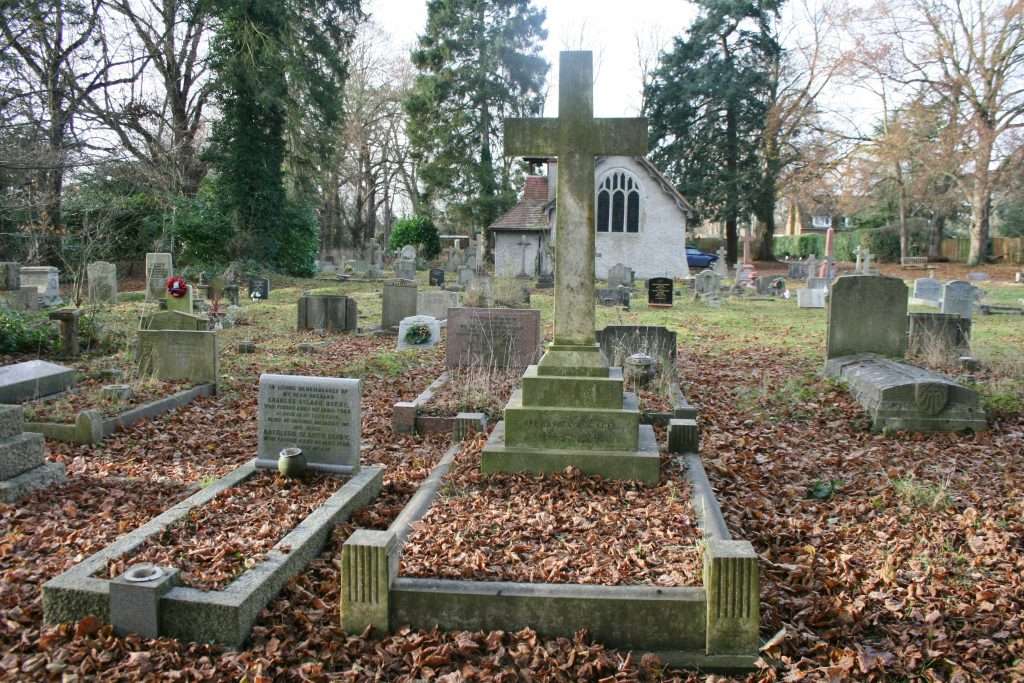
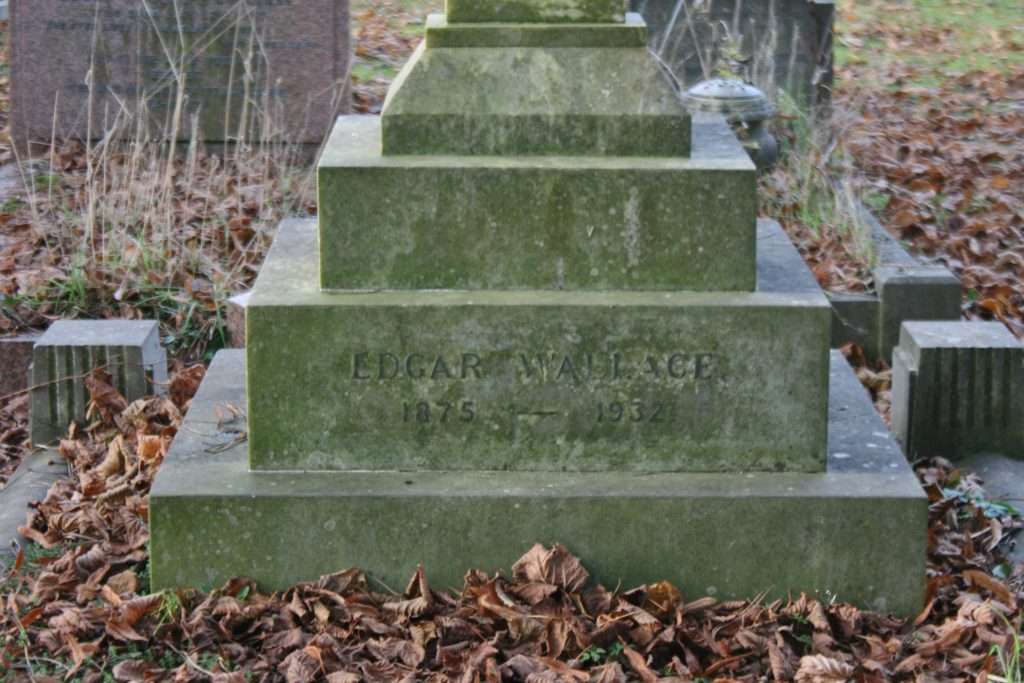
Edgar Wallace 1875-1932
